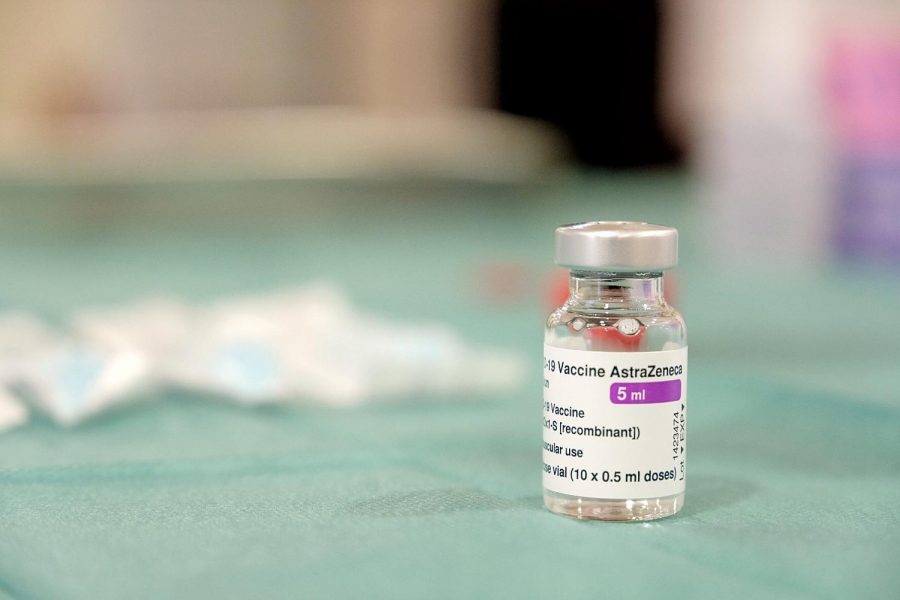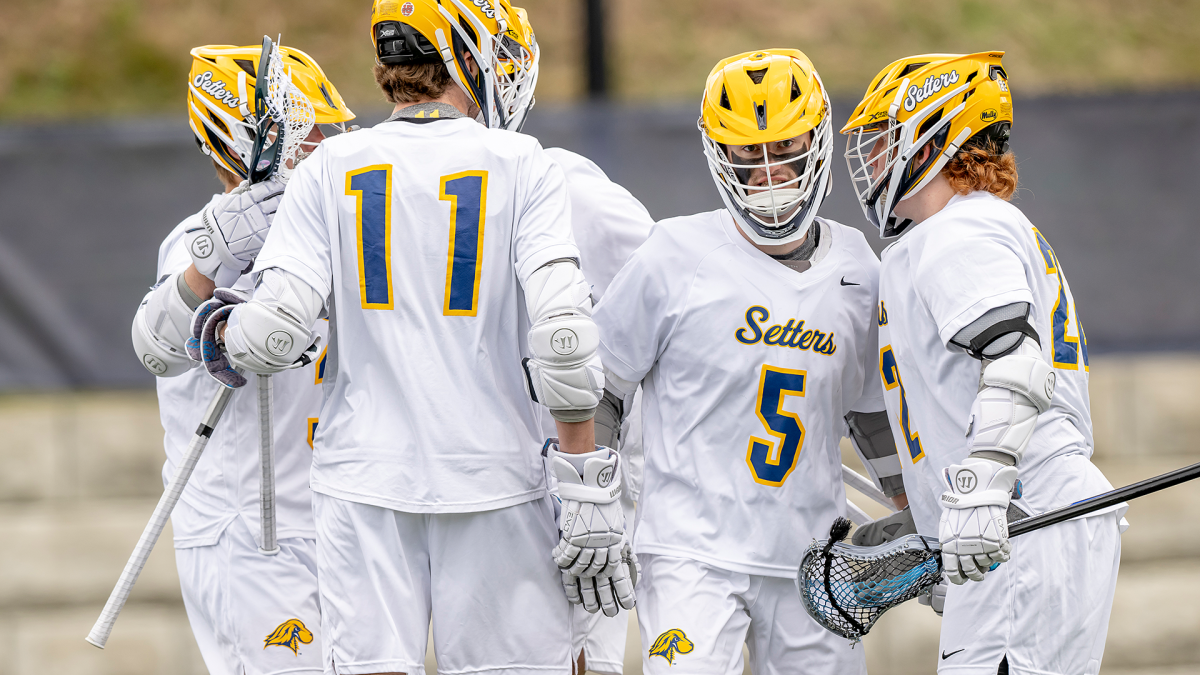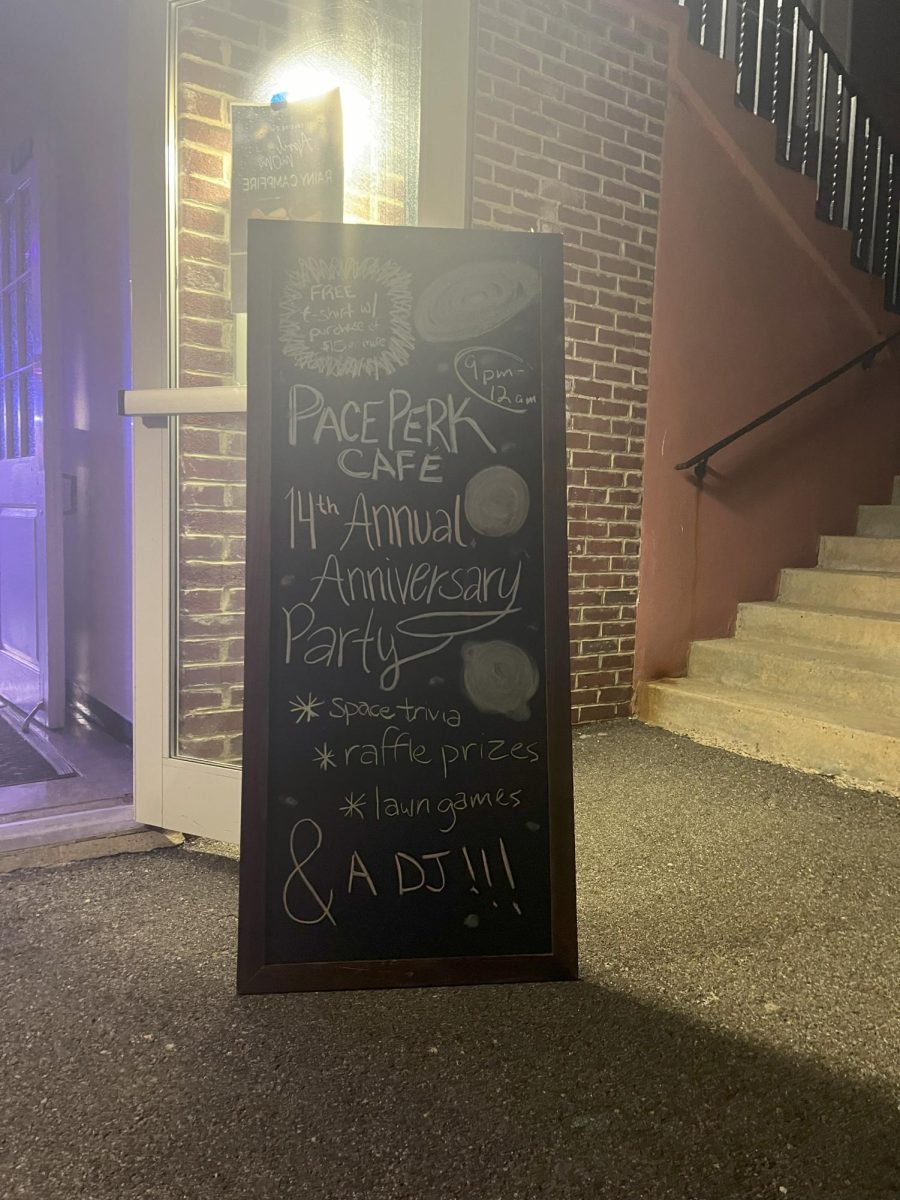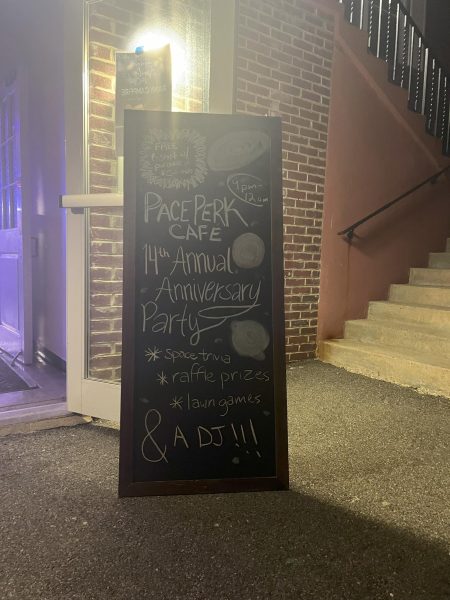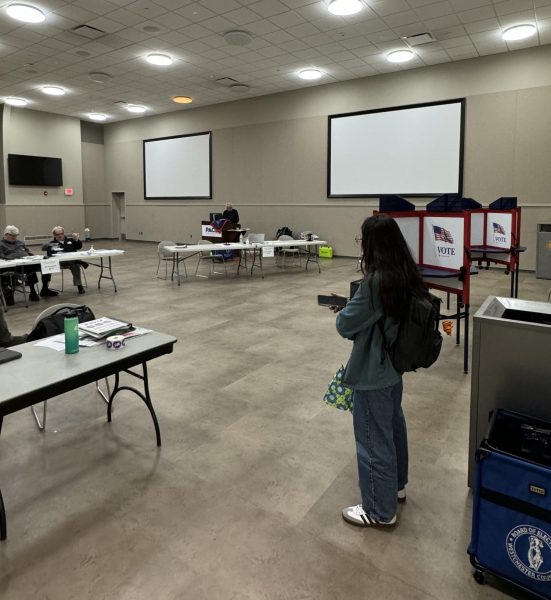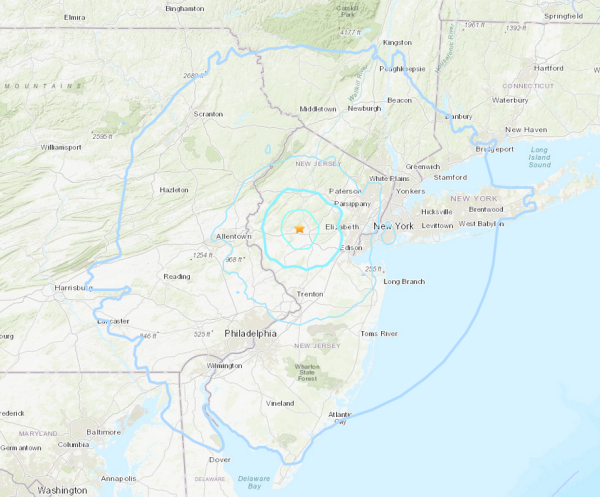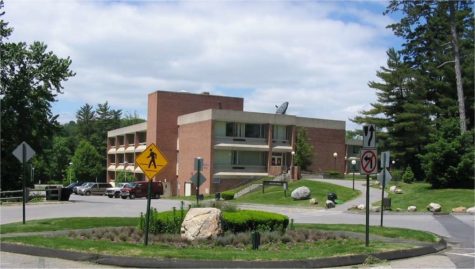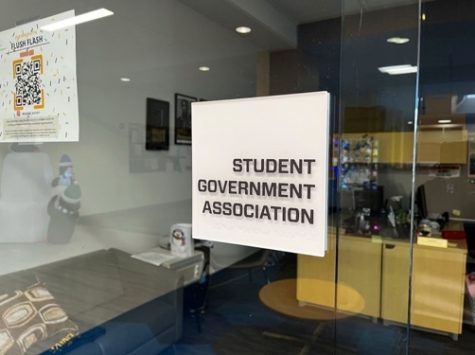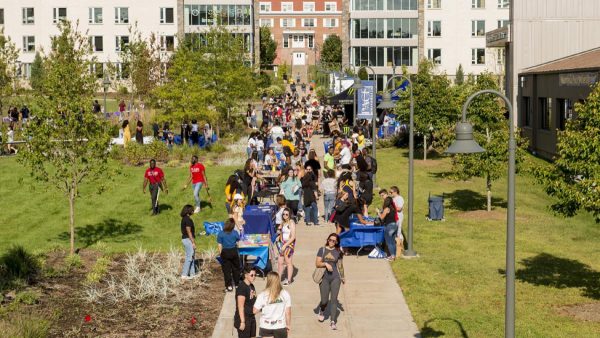COVID-19 vaccines eligibility increases; Closer to ‘Herd Immunity’
An Oxford AstraZeneca COVID-19 vaccine. Pace University has officially mandated students to show a proof of vaccination for the fall semester.
March 28, 2021
Less than one year after the first coronavirus case was confirmed in the United States, a massive vaccination campaign has been launched by Pfizer, Moderna, and Johnson & Johnson. With Oxford AstraZeneca vaccine being tested and waiting for emergency use approval, more Americans might be eligible to get vaccinated quicker than anticipated.
In New York, all individuals over the age of 16 will have an opportunity to book a vaccine appointment on April 6. Neighboring state Connecticut has all 16 and older individuals eligible to book an appointment on April 1.
The COVID-19 vaccines are classified as mRNA vaccines. When injected into the body, they produce spike proteins, which the body recognizes as foreign and begins to create an attack against spike proteins. If one is exposed to COVID-19, the immune system will remember the virus and activate.
Each vaccine has a different effectiveness rate, ranging from Johnson & Johnsons’ 64% to Pfizer’s 95%. Though its effectiveness rate varies, the protection rate does not mean the immune system is not fully protected. Instead, the numbers are the results of the clinical trials that have protected the participants.
No vaccine is 100% effective against any type of virus, including flu shots, which ranged from 40-60% in the 2019-2020 flu season, according to the CDC. Yet, rapid vaccination will help reduce hospitalizations and reduce death rates.
“So when you hear the 95% or the 79%, that’s how many people actually contract the virus and convert to a positive coronavirus test,” biology professor Marcy Kelly said. “But that number doesn’t give you an indication of how many individuals who contracted the virus result in serious disease that requires hospitalization and death.”
As the variants of COVID-19 rapidly continue to evolve, it is still possible to contract the virus even if you are fully vaccinated. However, vaccination is critical to slow down the transmission of the virus.
“Some people will contract the Coronavirus with that 79% efficacy, but it will either be asymptomatic or mild symptoms,” Kelly said. “So right now our end goal is to vaccinate everybody or as many people as possible because we need to get the transmission of the virus down as low as possible in the future.”
With over 30 million people testing positive for coronavirus, more people are getting concerned about whether they should be vaccinated as their body is naturally immunized. However, it is not known for how long antibodies last. It is possible to be exposed and contract COVID-19 twice.
In addition to antibodies, which are gained through direct exposure to coronavirus, it is not clear whether natural immunization is protective against the COVID-19 variant. In less than a year, different variants of coronavirus have been reported in the United Kingdom, Brazil, and South Africa.
With rapidly evolving variants of an already-unknown virus, Kelly said we still do not have the answers.
“But what we do know is that the virus has figured out ways to suppress the human immune response or damp in it. And so we don’t fully understand everything it’s doing to suppress the immune response,’ she said.
Since the first COVID-19 vaccine was given to a New York City nurse on Dec. 14, the United States has administered more than 130 million doses of COVID-19 vaccines. As the vaccination continues across the nation, it may be possible to reach herd immunity. However, since new variants are evolving, it is difficult to estimate how long it will take to immunize the general population.
Reaching herd immunity might be the key to turn campus life back to normal. Since last spring, Pace campuses have offered both remote and in-person education. Pace is planning for a fully in-person and normal fall semester. However, Pace remains to follow all necessary guidelines to safely welcome students.
Elected officials have been trying to open up schools in-person as it is critical for the economy to resume where it stopped last March. To accommodate more students at a time, CDC has announced that social distancing in K-12 classes should be reduced to 3 feet instead of the traditional 6 feet rule. The new guideline does not include higher education.
“I resist making decisions about opening up a campus-based on vaccination status at this point because there are too many unknowns,” Kelly said. “The message we’re sending is that we want to be as close to back to normal as we can in the fall, but there are too many unknowns to say exactly what that’s gonna look like.”

